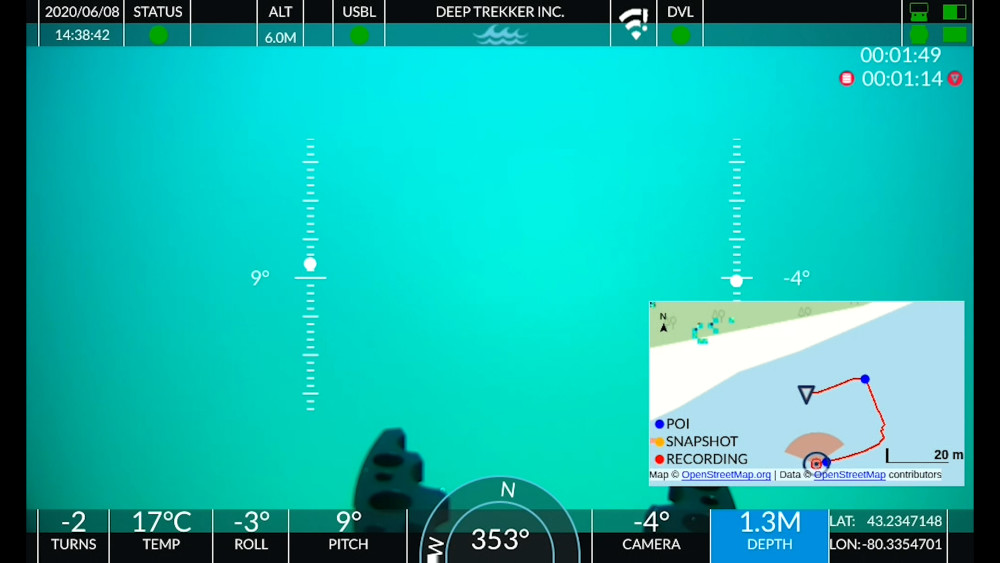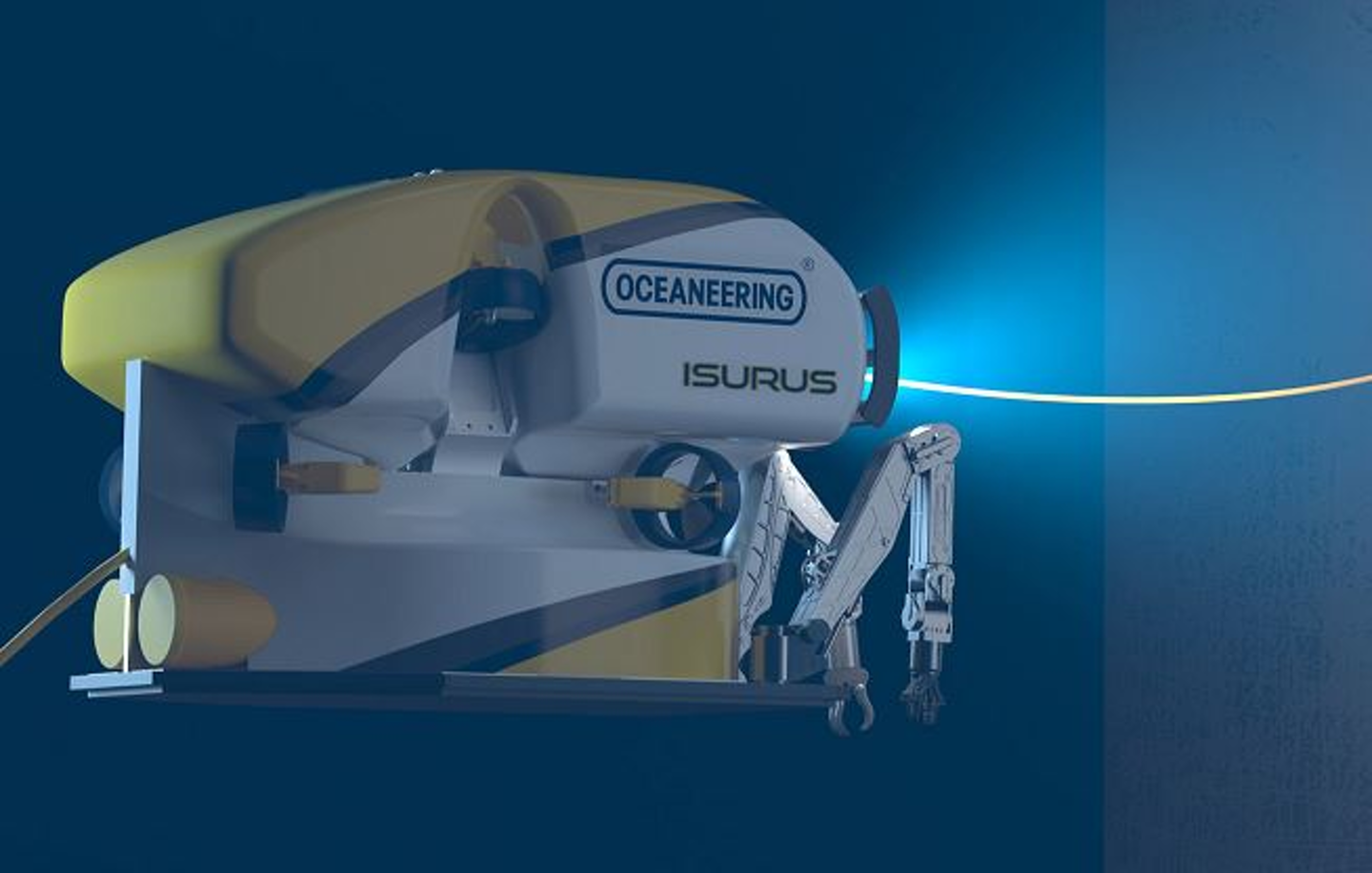Home › Forums › ROV › ROV Rookie Corner › some questions
- This topic has 4 replies, 3 voices, and was last updated 10 years, 8 months ago by
Ray Shields.
-
AuthorPosts
-
April 6, 2014 at 4:32 pm #6663
Bill
Participanthello!
I am new to ROV world interested to become a ROV engineer and I have some questions:
1) is there a standard salary per year? and the daily rates per project are additional to this salary? if yes, how much is this salary about?
2) are the money earned offshore subject to tax?
3) how many days do projects run? how many projects are per year?
4) is there an age after which you are too old to enter this industry?
5) what qualifications/experience would be most beneficial to get a ROV job as a trainee?thanks!
April 6, 2014 at 7:15 pm #35122John Bridgett
Participanthello!
I am new to ROV world interested to become a ROV engineer and I have some questions:
1) is there a standard salary per year? and the daily rates per project are additional to this salary? if yes, how much is this salary about?
2) are the money earned offshore subject to tax?
3) how many days do projects run? how many projects are per year?
4) is there an age after which you are too old to enter this industry?
5) what qualifications/experience would be most beneficial to get a ROV job as a trainee?thanks!
1) No, depends on the company and how much they need you!
2) Complicated, if it’s a platform then yes, if it’s a vessel possibly not but there are many conditions surrounding this.
3) Depends on the project, some go on continually, others a few weeks etc.
4) Probably yes but a lot depends on your ability and the needs of the industry. I did a career change at age 57 into ROIV piloting, you must of course be able to do the BOSIET and obtain a medical.
5) Electronics, Electrical, Hydraulics are the main areas, there are more but the Hydraulics and Electronics are probably the main topics along with experience.It’s a really tough game to get in to for sure, persistence pays off especially if you have relevant experience.
IS
April 6, 2014 at 9:13 pm #35123Bill
ParticipantIS, thanks for your reply
do I need a BEng, an HND, an HNC, a BTEC?
what is the minimum?
thanks!
April 7, 2014 at 5:45 am #35124John Bridgett
ParticipantIS, thanks for your reply
do I need a BEng, an HND, an HNC, a BTEC?
what is the minimum?
thanks!
Experience is the name of the game, any paper qualification to back it us is good but experience is what’s needed. You need to be able to hit the ground running ready for when you break it whilst learning to fly.
IS
April 7, 2014 at 7:15 pm #35125Ray Shields
Participant1) is there a standard salary per year? and the daily rates per project are additional to this salary? if yes, how much is this salary about?
No. It varies significantly by area of the world, the country of origin of the company you are working for and your nationality.
2) are the money earned offshore subject to tax?
Generally yes. There are very few LEGAL ways of not paying any tax. Again, each country has its own tax laws. Here in the UK if you work onboard ships and spend > 6 months a year outside the UK you may be able to claim your tax back.3) how many days do projects run? how many projects are per year?
Between 1 day to 365 days. This is an impossible question to answer, there are so many areas in the world I doubt anyone has counted them.4) is there an age after which you are too old to enter this industry?
Yes, when you can no longer pass your offshore survival or medical.5) what qualifications/experience would be most beneficial to get a ROV job as a trainee?
Hands on technical qualifications and experience. Companies do not take on trainees who already have experience in ROVs. They take on technically qualified and experienced people who can repair and maintain the equipment. Learning how to operate the ROVs begins ONCE you have the job.Some Training Schools take on butchers, bakers and taxi drivers and charge them a fortune for a bit of paper which counts for very little unless you have the above suitable technical background.
HNC level is appropriate, Degrees are less useful – you do not learn to solder with a Degree for example. We are generally there to repair and maintain, not design ROVs.
-
AuthorPosts
- You must be logged in to reply to this topic.



